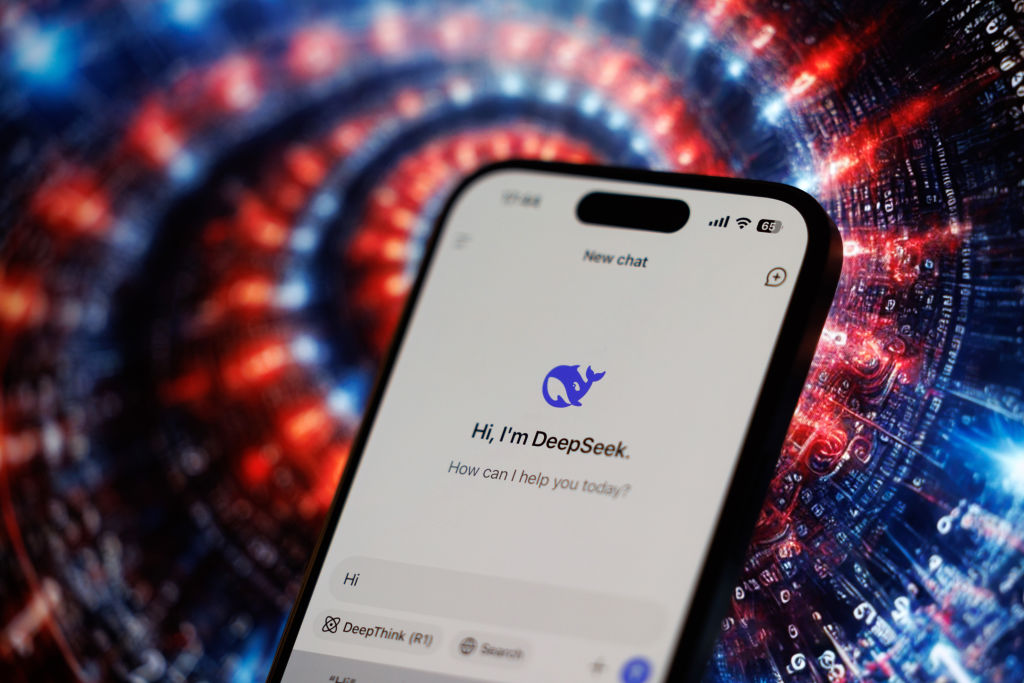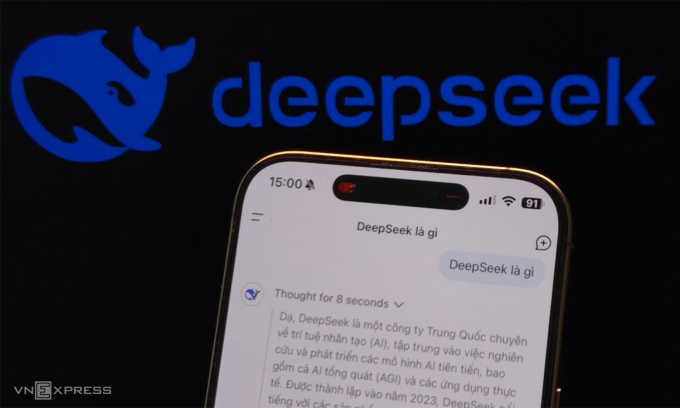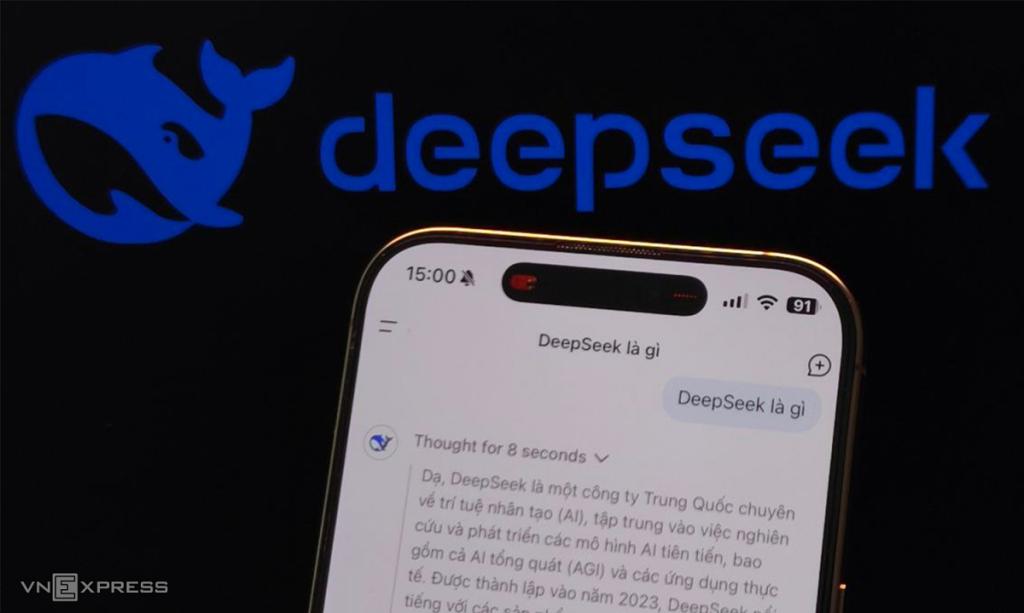DeepSeek Security Breach Highlights AI Data Vulnerabilities
Explore how DeepSeek's significant security breach exposed sensitive data, raising urgent concerns about data protection in the rapidly evolving AI industry.

Key Points
- DeepSeek's security breach exposed over one million records, including sensitive user data and API keys, highlighting serious vulnerabilities in AI platforms.
- The incident has prompted investigations in various countries and underscores the urgent need for improved data protection measures in the AI industry.
- Learning from the breach, organizations must prioritize robust security protocols and user privacy to foster trust and resilience in technological advancements.
In an age where artificial intelligence is reshaping industries and enhancing user experiences, the responsibility of safeguarding sensitive information has never been more paramount. Recently, the Chinese AI platform DeepSeek garnered significant attention, not just for its impressive chatbot capabilities but also for a troubling security lapse that has left user data exposed. Such vulnerabilities highlight the increasing need for robust security measures in technology, especially as AI continues to dominate the landscape.

A Major Breach Exposed
Wiz Research, a cybersecurity firm, recently unveiled that DeepSeek had accidentally left a critical database unsecured and accessible via the internet. This gap allowed access to over one million records, including confidential user chat histories, system logs, and sensitive API keys. The oversight was alarming, as Wiz researchers were able to identify the exposed database almost instantly, underscoring the ease with which such sensitive information can be discovered.

What makes this incident particularly concerning is not just the breach itself but the implications it has for user trust and organizational accountability. In a world rapidly leaning towards digital solutions, compounded by the increasing popularity of AI systems, users expect a level of security and privacy that DeepSeek's exposure has significantly undermined.
The Impact on Users and the Industry
This incident has raised significant questions regarding the maturity of AI platforms in handling sensitive data. As highlighted by Ami Luttwak, the Chief Technology Officer of Wiz, such lack of preparedness can have dire consequences for both users and organizations relying on these technologies. The incident also prompted investigations in various jurisdictions, including the United States and Europe, leading to a cessation of DeepSeek's app availability in Italy.

As consumer skepticism rises, organizations involved in AI development must prioritize robust security protocols. The repercussions of the DeepSeek breach can potentially ripple through the industry, influencing how companies design their platforms and maintain user data privacy. Learning from such incidents is essential to developing more secure and resilient AI technologies.
Broader Implications for AI Development
Interestingly, the issue of data security in AI applications is not isolated to DeepSeek. Other companies, including established giants like
, have faced similar vulnerabilities. For instance, OpenAI dealt with a breach earlier this year that exposed internal messaging logs, illustrating the persistent risks that come with rapid growth in the tech industry. This pattern suggests a pressing need for the AI sector to re-evaluate current security frameworks.

Moreover, the international scrutiny that has followed DeepSeek's exposure highlights the geopolitical dimensions of data security. With heightened regulatory interest from bodies across the globe, it's crucial for AI companies to adopt practices that ensure compliance and protect user data from unintended exposure.
Moving Forward: A Call for Enhanced Security Measures
For companies operating in the AI landscape, the key takeaway from the DeepSeek incident is the urgent requirement to strengthen security protocols and foster a culture of transparency. Organizations must not only invest in robust security infrastructure but also prioritize user education regarding data privacy. Engaging users in security best practices fosters a more resilient technological ecosystem.

In light of this event, we can infer that vigilance in the digital world is vital. As AI continues to evolve and reshape how we interact with technology, it is crucial for all stakeholders to ensure that data privacy is not just an afterthought but an integral part of the design and development process.

The path forward demands a renewed commitment to security, transparency, and user privacy, ensuring that incidents like the DeepSeek breach become a part of the past rather than a common occurrence in the future.


